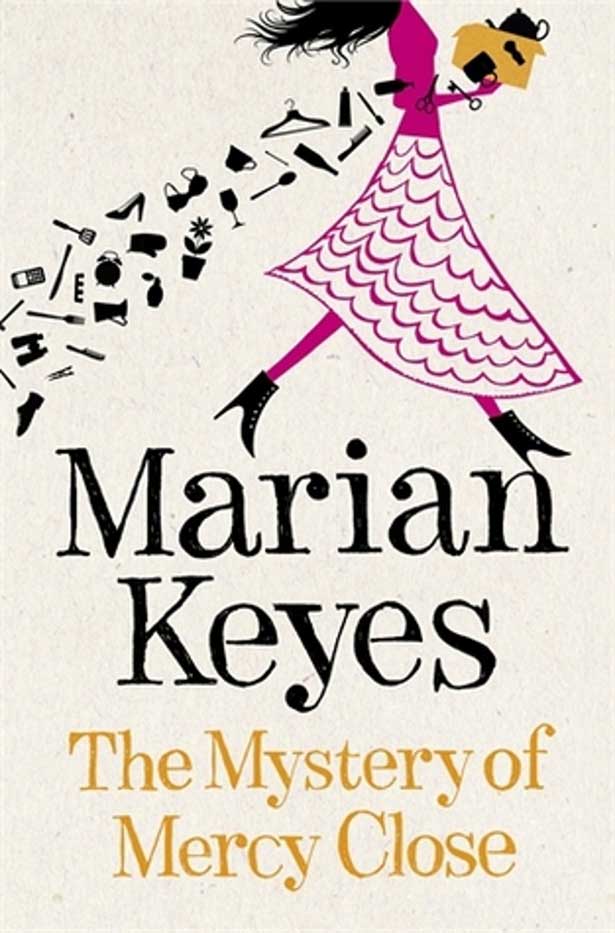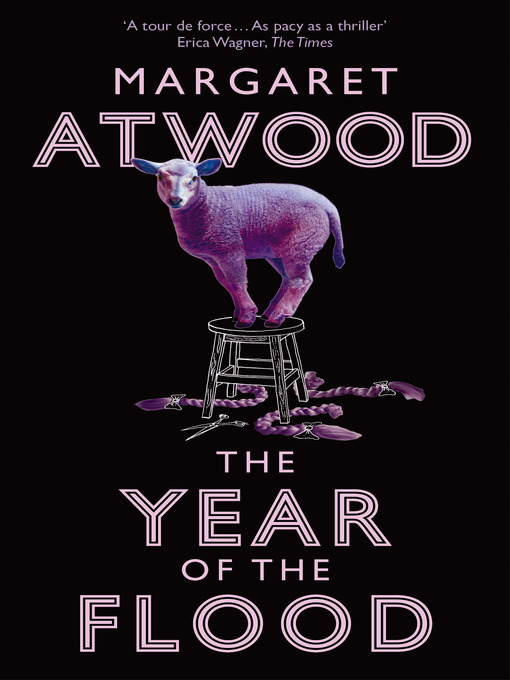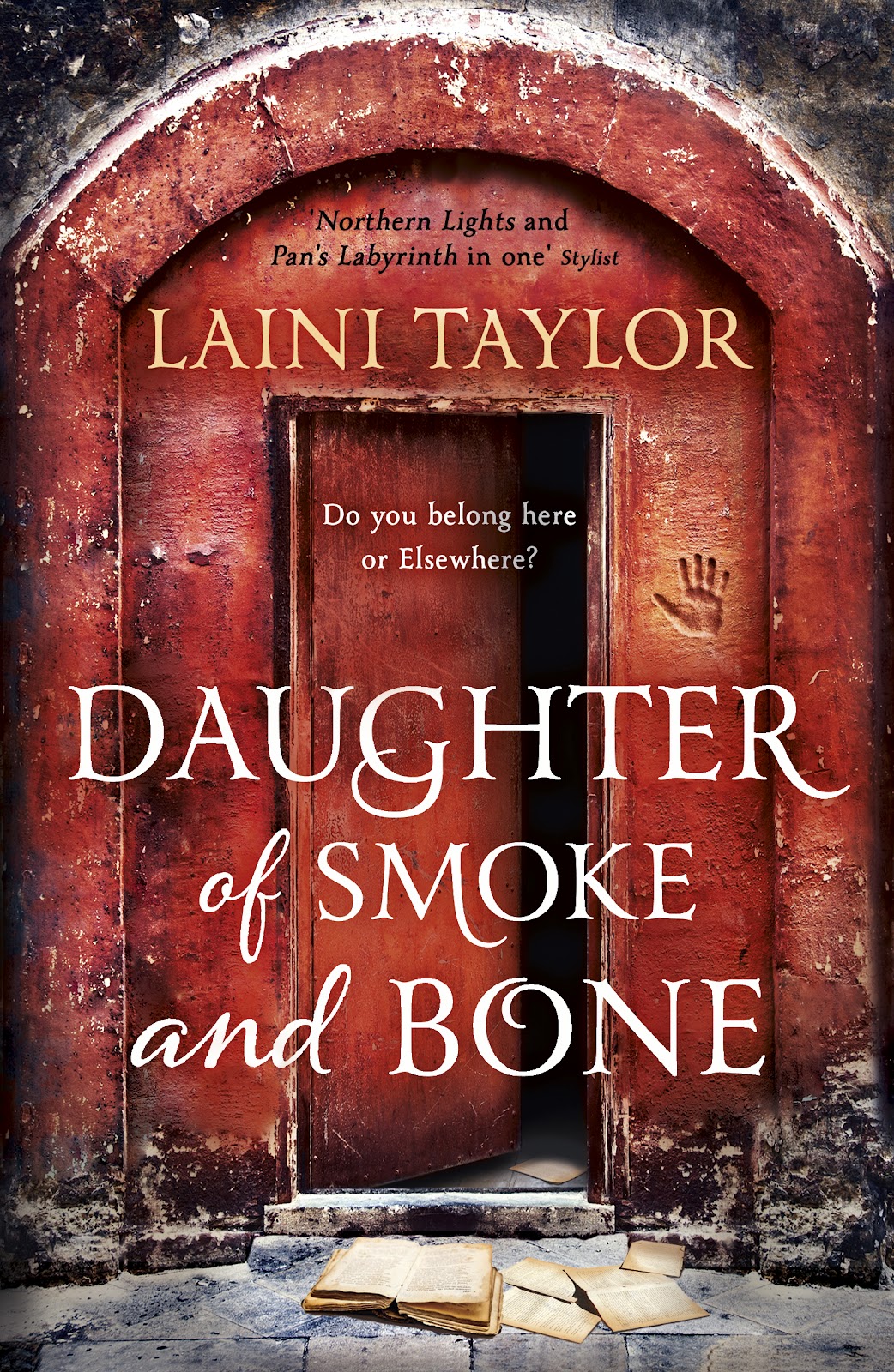I am, without a doubt, what can only be described as a die hard Marian Keyes fan.
I have read all of her books multiple times. She is one of a very few authors seen to be in the ‘Chic Lit’ genre I can abide (Jane Green is the only other consistent one). As a result of this, I was more than a little astonished when The Mystery of Mercy Close received such mixed reviews upon release. It came out in hardback first, which meant I had to wait, as all my other Keyes books are in paperback and I cannot tolerate mismatched books. Consequently, by the time I read it myself I was a little apprehensive, horribly worried that one of my favourite authors was slipping.
I’m happy to say that my concerns were completely and utterly groundless. The Mystery of Mercy Close is now by far one of my favourite Keyes books to date, and believe me that takes some doing. It ranks up there with Anybody Out There, and Angels; it has supplanted Lucy Sullivan is Getting Married as my number three. The reason for this is very simple, and is of course the reason I love Keyes so very much: this book is so painfully real.
Following Helen Walsh, the youngest of the Walsh clan and the last daughter of Keyes’ enigmatic, signature family to be given a book of her own, the narrative folds Helen’s money worries, as she struggles as a Private Investigator in the midst of Ireland’s recession, with how she, her friends, and her family handle her bouts of depression, and of course, with the mystery of the eponymous Mercy Close, home of Wayne Diffney, missing member of the fictitious Irish Boy Band, Ladz. At first, you wonder how all this will possibly fit together, but it does, if not quite in the absolutely seamless style to which Keyes fans will be accustomed, certainly in a manner that far surpasses anything a lesser author could pull off, if trying to write this book.
There is the feeling that the two main aspects of the plot—Wayne Diffney’s disappearance and Helen’s depression—clash slightly, and never quite gel in one perfectly plotted book. The book, however, is the better for this fact. Anyone who has suffered depression, or anything similar, will know the devastating effect it has, not only on your life, but also on your capacity to think. Things that used to make sense no longer do. Pieces of your life don’t fit together anymore, and you find yourself wondering how you can possibly be the person everyone is saying you have been for the last lifetime. In this sense, the novel itself is depressed. It doesn’t quite understand how its separate parts are supposed to function as a united whole. That is not to say, in any way, that it isn’t a brilliantly written novel. It is. However, the pervading opinion in many reviews that this ‘isn’t her best’ appears to be based on the misapprehension that this oddity in style is not completely purposeful, and reflective of the deeper meaning of the book.
As always with Keyes, the plot revolves around characters who are drawn to perfection, the dialogue is both pithy and at times hilarious, and quirks that can only be described as Marianisms about; as with the dreaded ‘Feathery Strokers’ of Rachel’s Holiday, Helen has her own hilarious perspectives and idioms (the most wonderful of which is, without a doubt, the Shovel List). It’s a well paced read, and vanishes in no time, and while it has moments of extreme seriousness and others of total heartbreak, it is also – thanks to the enigma of Helen Walsh – hilariously funny. Genuinely, completely, laugh out loud, borderline-hysterics, funny.
If it has one fault, it is that the Mystery is not as mysterious as it seems. The whereabouts of Diffney is obvious within a few pages, however the nature of the book is such that you actually forget you thought of the answer, as soon as the notion forms; right up to the end, you’re vacillating between one of about four or five possibilities, and just as you think you’re certain you’re right, something else happens that swings you in another direction. So, while the ultimate solution is (in hindsight) very obvious, the journey to it is exceptionally enjoyable.
It’s no secret that Keyes herself suffered a horrendous bout of prolonged depression, between her last fictional release, The Brightest Star in the Sky, and Mercy Close. What is startling however, is reading interviews she has given, and then reading this novel, for you realise that she has literally poured her own experiences into it. She has not simply drawn on the feelings she had, she has recounted life events on the page. Hideous, traumatic, and very personal life events.
Keyes’ desire to share her experiences is heroic. There are parts that can’t have been easy to write, and for many it won’t be easy to read, and this, surely, is another reason for the mixed reviews Mercy Close received. The majority of this book is not ‘feel good’, unlike Keyes’ other offerings which, while always having serious elements, are enjoyable to read the majority of the time. This book, however, is not meant to make people feel good. It is meant to raise awareness, and give people a real, genuine look inside the mind of a person who, for a while, isn’t quite thinking like themselves, or anyone else for that matter. Uncomfortable, perhaps, but necessary, if only so that those who have never experienced depression come to understand that ‘everyone feels down sometimes’ is a perfectly legitimate statement, but has nothing whatsoever to do with depression.





